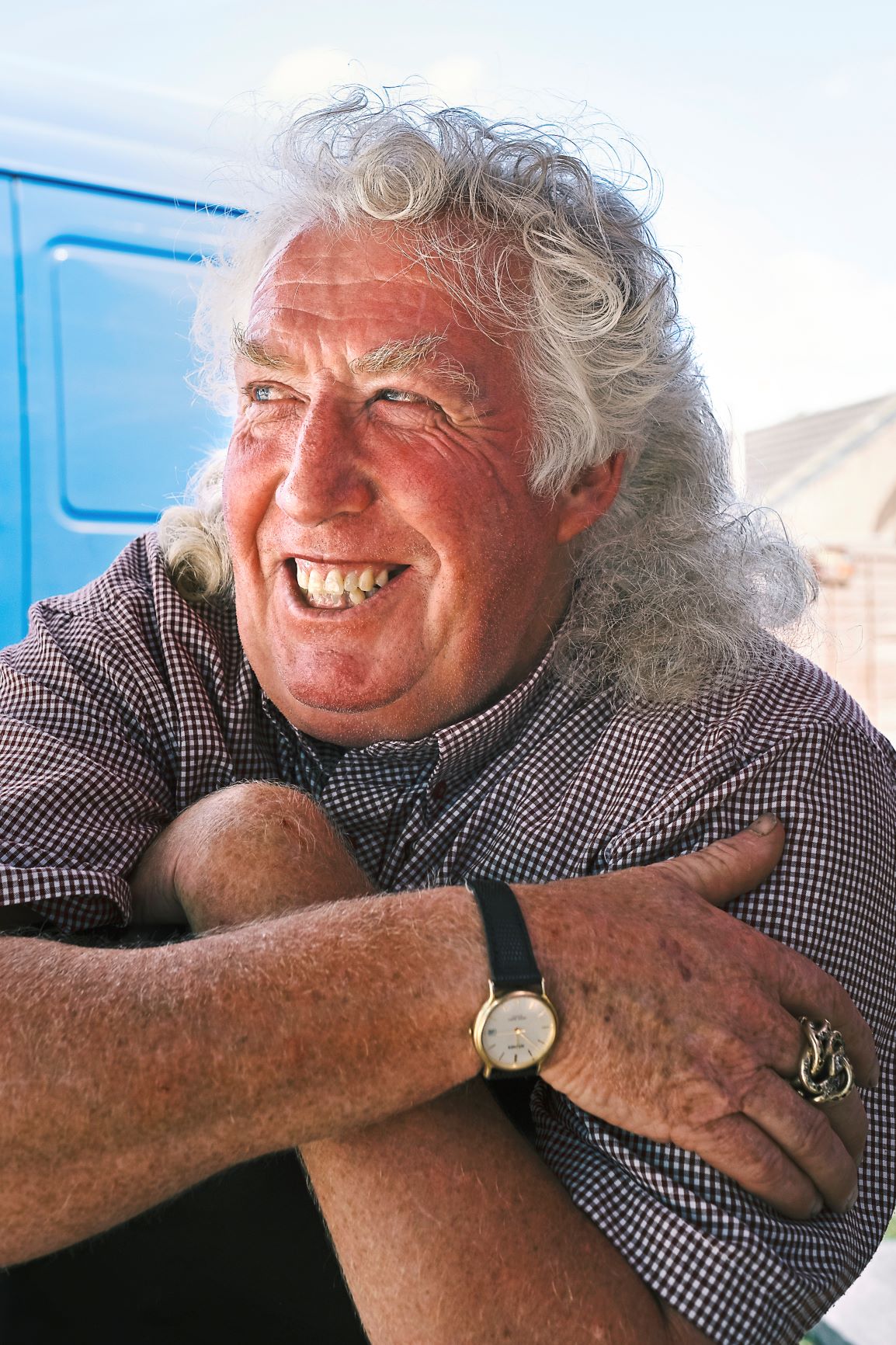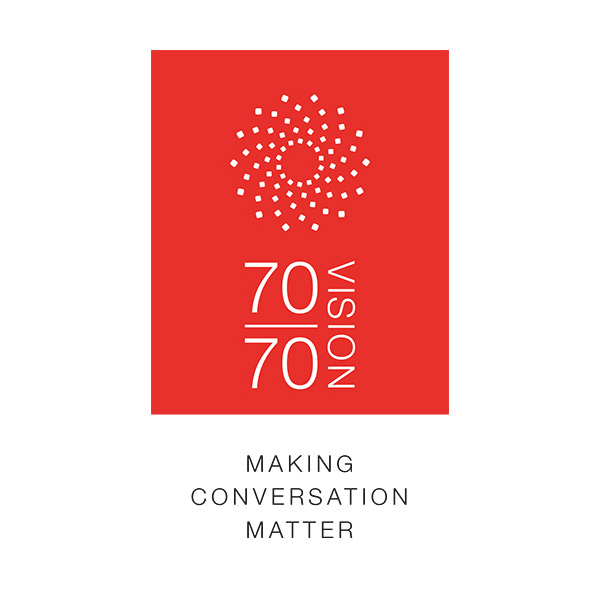 Nowadays it seems as if society has room for only one way of life. People’s heritage has been pushed aside, because few take the time to understand that, for many, they are just trying to cling on to values which countless generations have upheld before them. The true gypsy lifestyle is on its last knockings. In a few decades our values will be confined to history. Who’s to say our way of life is wrong? The trouble is, what people don’t fully understand frightens them.
Nowadays it seems as if society has room for only one way of life. People’s heritage has been pushed aside, because few take the time to understand that, for many, they are just trying to cling on to values which countless generations have upheld before them. The true gypsy lifestyle is on its last knockings. In a few decades our values will be confined to history. Who’s to say our way of life is wrong? The trouble is, what people don’t fully understand frightens them.
Although many use the word ‘gypsy’ as a slur, it causes me no offence – I’m proud to say I descend from a long line of true-blooded gypsy men. I was born in Hertford in 1956, with me and my parents living in traditional horse-drawn bowtop caravans until I was in my mid-teens. With no fixed location, I never went to school – instead intently watching my father while he worked. By the age most kids would start school I was already working alongside him. Life was good and full of happy memories. Aged thirteen I was considered a man and therefore expected to stand on my own two feet and no longer rely on handouts from my father.
You have to move along with the times, and my father was no exception. So when the time came to purchase a caravan along the lines that many know today, he opted for a Lonsdale – a quality marque and for us a significant step up in terms of luxury. Soon after delivery I remember my father being quizzed as to how he was going to move such a sizeable caravan, especially when all he had was a horse. As was typical of my father, he shrugged off any concerns and, when the time came, hitched the caravan to his more-than-capable horse, before setting off on a five-mile journey along the A10.
We’d move about from location to location with little trouble. My father, known as an upstanding member of the gypsy community, would be spoken to with respect when council officials paid a visit. There was no patronising and therefore no animosity. More often, before any need of a summons, a grace period was agreed before we moved on. My father taught me from a young age that if you talk to a person in a civil manner they’ll talk back to you in much the same way.
However, this wasn’t always the case. My father (and generations before him) would travel and take on seasonal farm work. While he was of use to the farmer he was treated with respect – nothing was too much trouble. Yet the moment our work was done the farmer’s attitude would change in an instant, ushering us off his land without even giving us the time of day. We’ve always had that prejudice on our shoulders – it’s a burden you try to push aside, but it’s never far from the surface. I’m not saying that everyone in our community is perfect – there are exceptions to the rule, as in all walks of life. But unfortunately we are all too often judged by the actions of the minority. It goes some way to explain why we are often wary of people’s motives who live beyond our community.
'If only people could be more understanding towards us - that's all we ask'
I used to do a regular car boot sale not far from here, and often I’d chat to a young man who I later learned was from Afghanistan. On one occasion he broached a subject that had been troubling him. ‘Why are you different to the other men selling stuff here?’ – I was somewhat taken aback. He continued to explain that, despite him having good morals, very few people other than myself trusted him. ‘You and me too,’ I said, as I told him that I’d been living with similar prejudice all my life. Tears came to his eyes as he recounted just how barbarous life was in his home country. And when the chance came he seized upon an opportunity to come to England – if only for the sake of his wife and children. He then questioned why, when anyone else given his situation would do the same, people stereotyped him? I had no answer.
I’ve got morals as good as the next man. Often, a gorger – our term (not meant in an offensive way) for non-gypsy folk – wrongly assumes we’re always trying to get one over on them. As much is said to our faces; maybe in a joking way, but it’s a jibe that cuts deep. I’ve been trading in horses all my life. Now, let’s say you came to me as you wanted to buy a pony for your little girl. I’d tell you from the off if a filly you were keen on wasn’t suitable. And I’d hope to be treated with the same level of honesty if the roles were reversed; but if not there would be one difference. Example being: if I offered and you accepted £1,000 for your watch, but when I got it in my hands it had no guts inside it I’d still pay you. Reason being, we’d agreed a deal and shook hands on it. It was my fault for not being more careful – a true gypsy man will stick to his word. Woe betide you ‘run back’ on a deal in the gypsy community – you’ll never be deemed trustworthy again.
In the late 60s, when me and my parents first came to Harlow, we initially pitched up around town – putting our horses out to graze on the commons dotted about town. However, times were changing – I guess we didn’t fit in with the town’s vision. The council kept moving us on until the mid-70s, when we were offered a transition site on River Way, before later being offered one of the first plots on a purpose-built site just off Elizabeth Way.
Until the mid-90s we lived in just our caravans with the most basic of conveniences. It wasn’t a great hardship or anything we weren’t used to. However, the council provided us with modern toilet facilities and a brick-built day-room/kitchen, a kitchen which in reality my wife doesn’t really use, instead preferring, as she’s done most of her life, to cook outside (whatever the weather) on an open fire. It’s a skill I’m glad she’s retained. You’d be surprised how many on this site couldn’t cope when we recently had a lengthy power cut – instead they headed out to get fast food.
'a true gypsy man will stick to his word'
Many within our community, especially the younger generation, are finding their place in society more difficult to maintain. A lot are adopting more mainstream lives and now living in houses, which further dilutes our traditions, because once that lifestyle swap is made it’ll be difficult for anyone to settle for anything less. Although we wish it wasn’t the case, my wife and I recognised these changes years ago, which is why our son went to school and got himself an education. You see, even though I’m illiterate (something I feel no shame about), it’s all right for someone of my generation. We knew our son, without the ability to read or write, would find it far more difficult to get on in life.
The problems that the town recently experienced with travellers is little different to the lifestyle of my family decades ago. However, what’s different now is the council’s agenda towards travellers who, unlike my generation, are not often so fortunate to be offered anywhere permanent to settle. Instead the problem is just shifted to another town. This will continue until – what some may see as a good thing – the gypsy/traveller way of life is gone.
I don’t know how or even if the town can change its views towards people like myself. If only people could be more understanding towards us – that’s all we ask. I love this town; it’s been good to me and my family and we will continue to do our best to support it.
